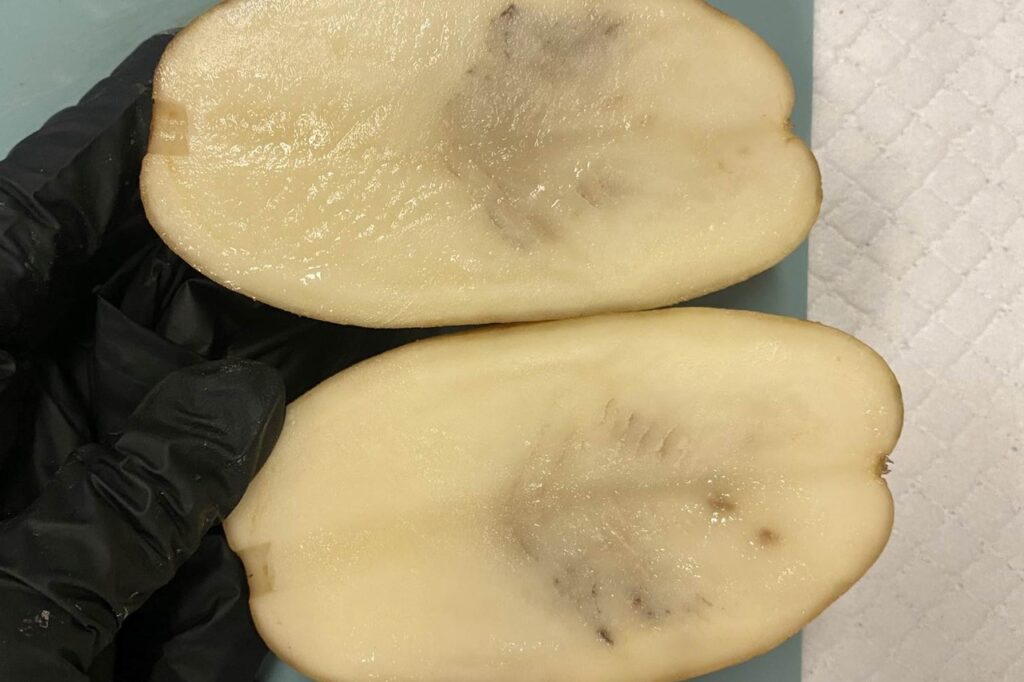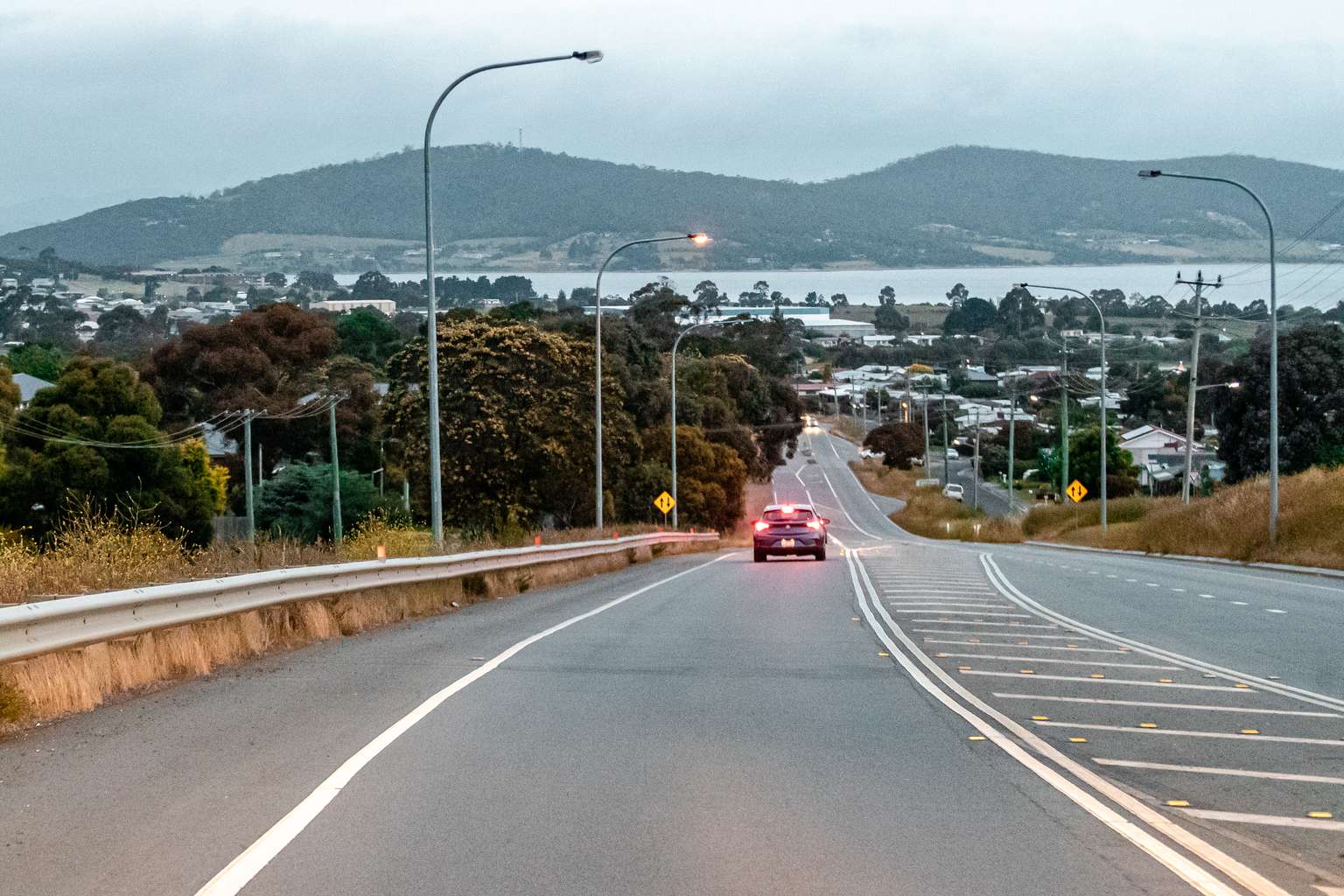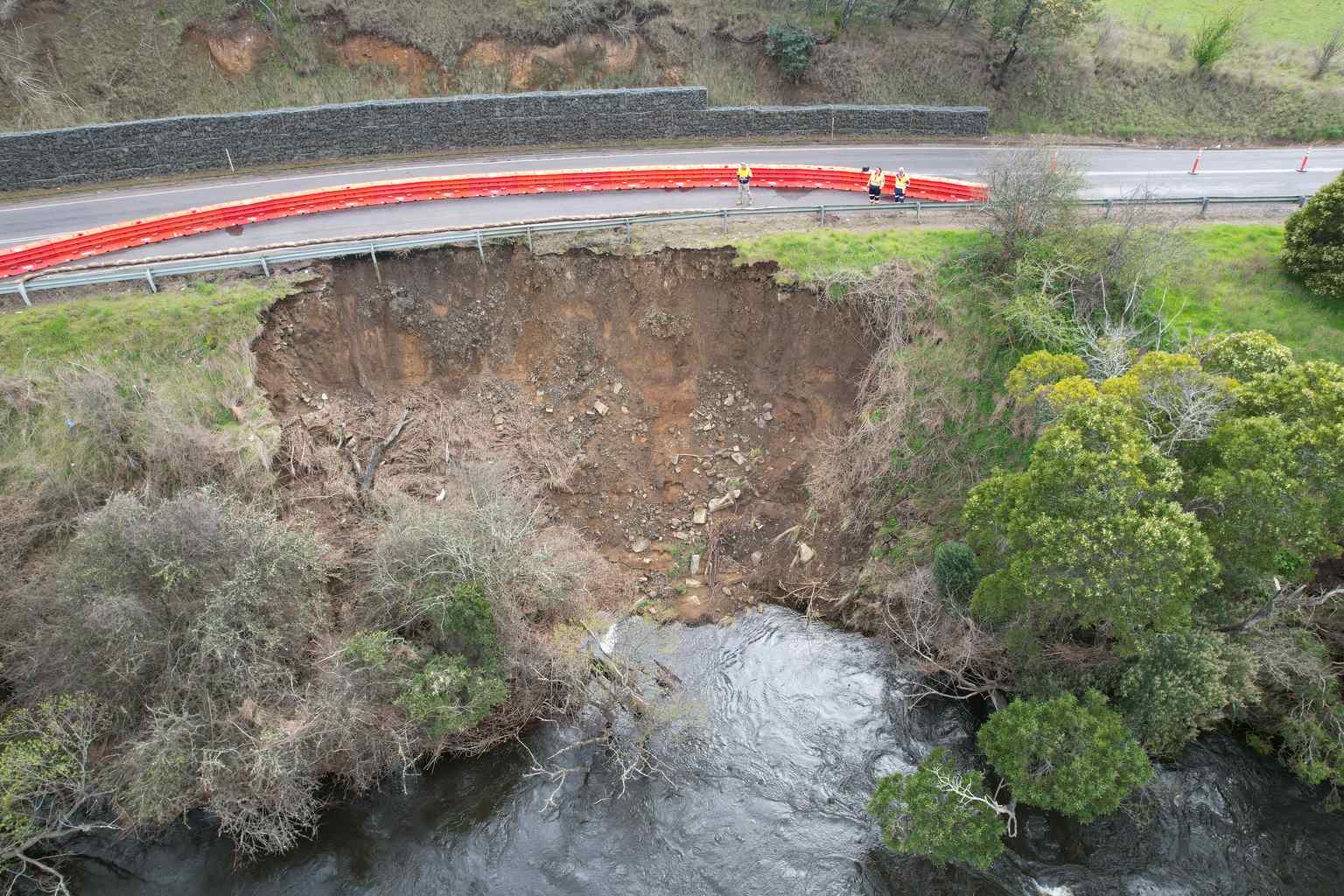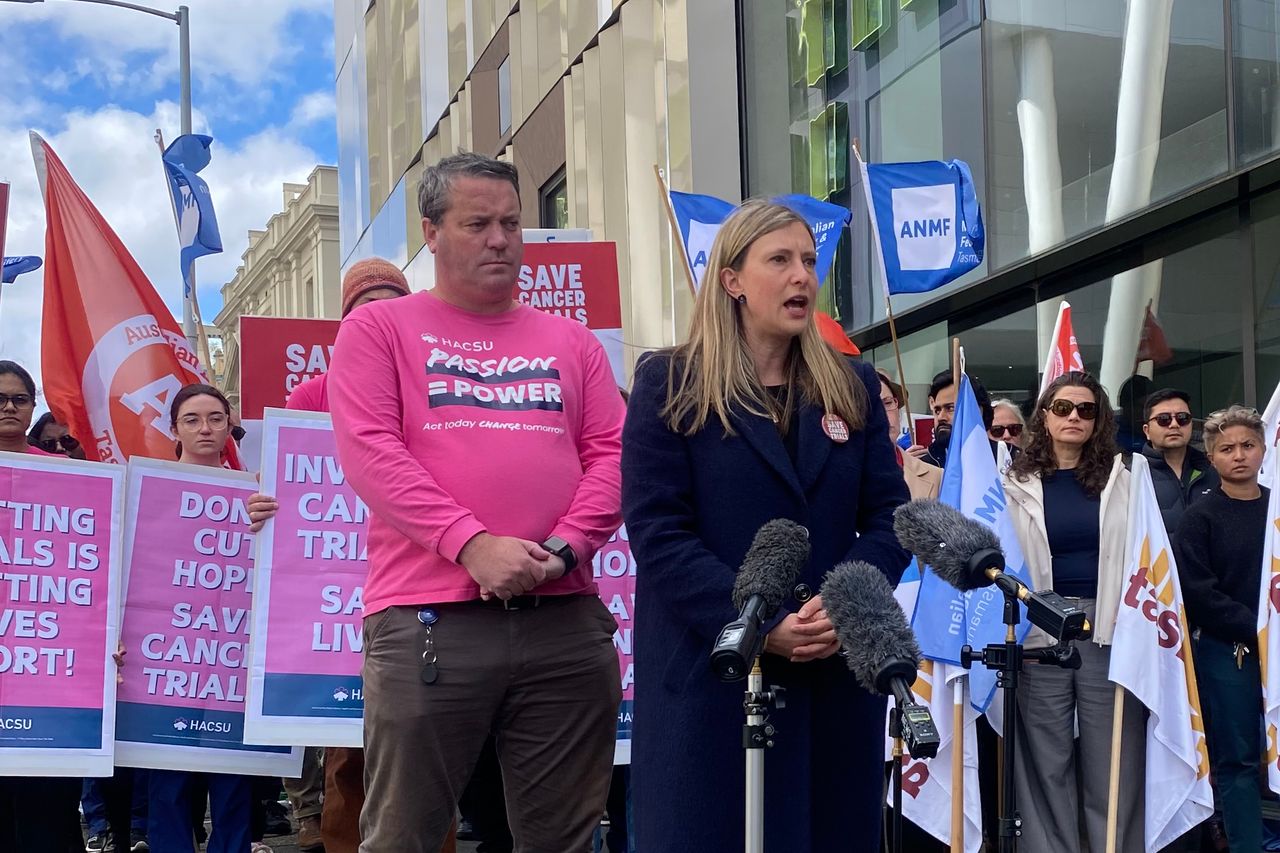A damaging potato virus has reached southern Tasmania for the first time, bringing the total number of infected sites across the state to nine.
Potato mop-top virus was detected in a harvested seed potato line currently in cool storage in the south, according to the latest biosecurity advisory released today.
The virus has also been found in three individual potatoes – one at a processing site and two bought from retail stores.
“Early traceback activities indicate that the virus may have been present in Tasmania for at least two years,” according to Biosecurity Tasmania.
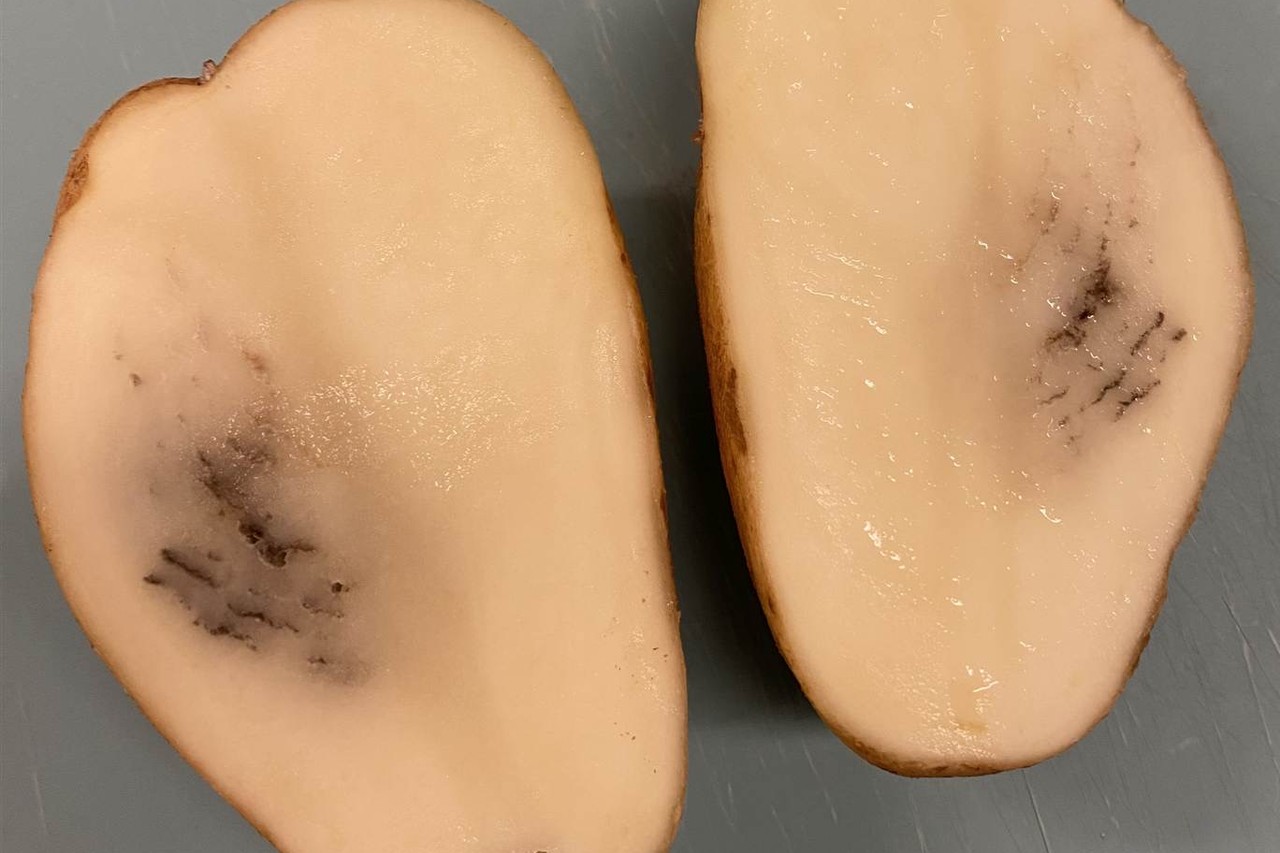
The outbreak has already forced a ban on seed potato exports from the island state, which supplies about 70% of Australia’s certified seed potatoes.
Biosecurity Tasmania confirmed it has tested all generation 2-5 certified seed potato lines ahead of the 2025-26 growing season.
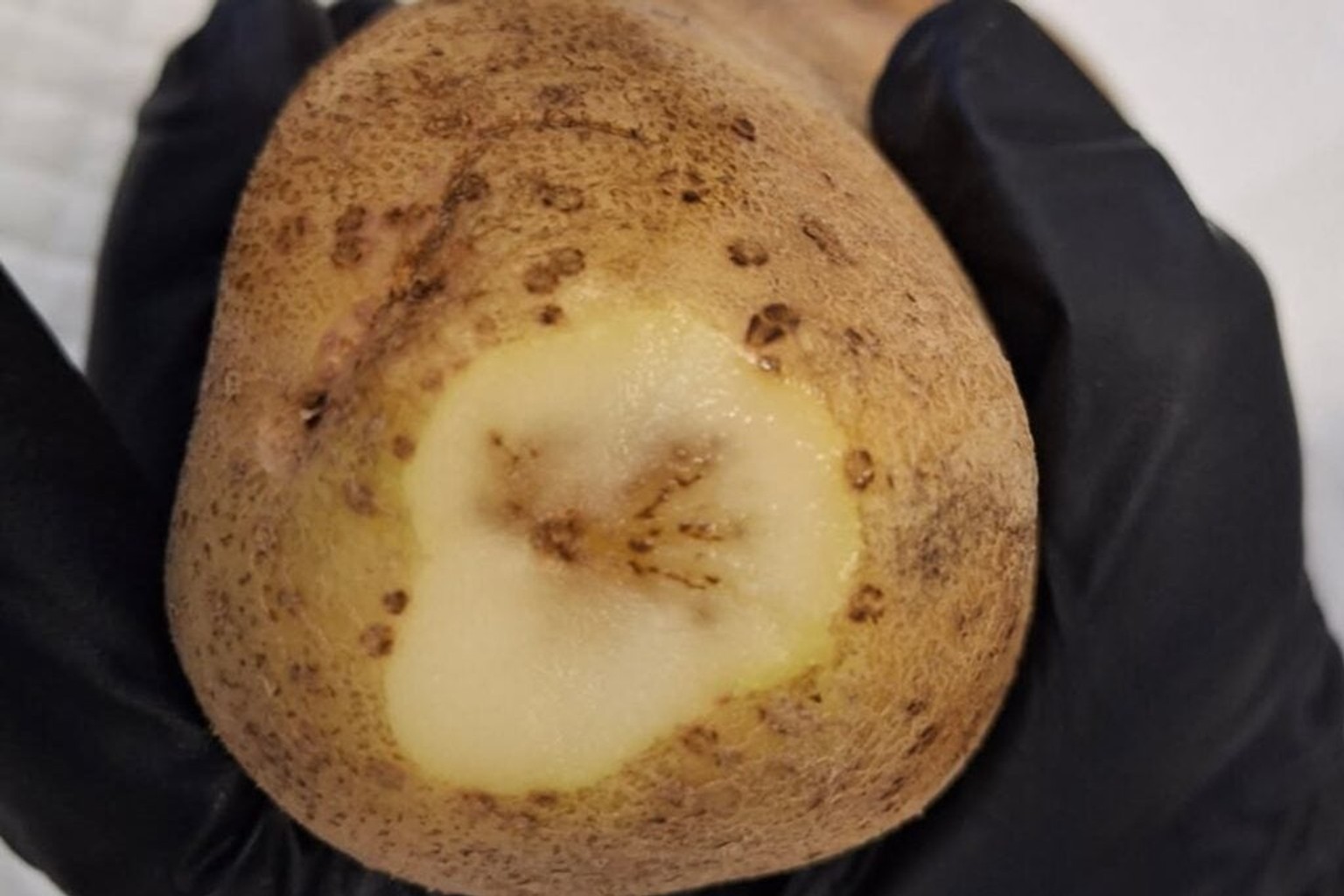
“PMTV was detected in only a relatively minor proportion of the significant volume of certified seed tested,” the department said.
The industry will likely plant only seed lines where the virus was not detected, while infected lines will require proper disposal.
State authorities have ruled out any attempt to eradicate the virus from Tasmania.
“The position of the Biosecurity Tasmania is that PMTV cannot be eradicated,” the department said.
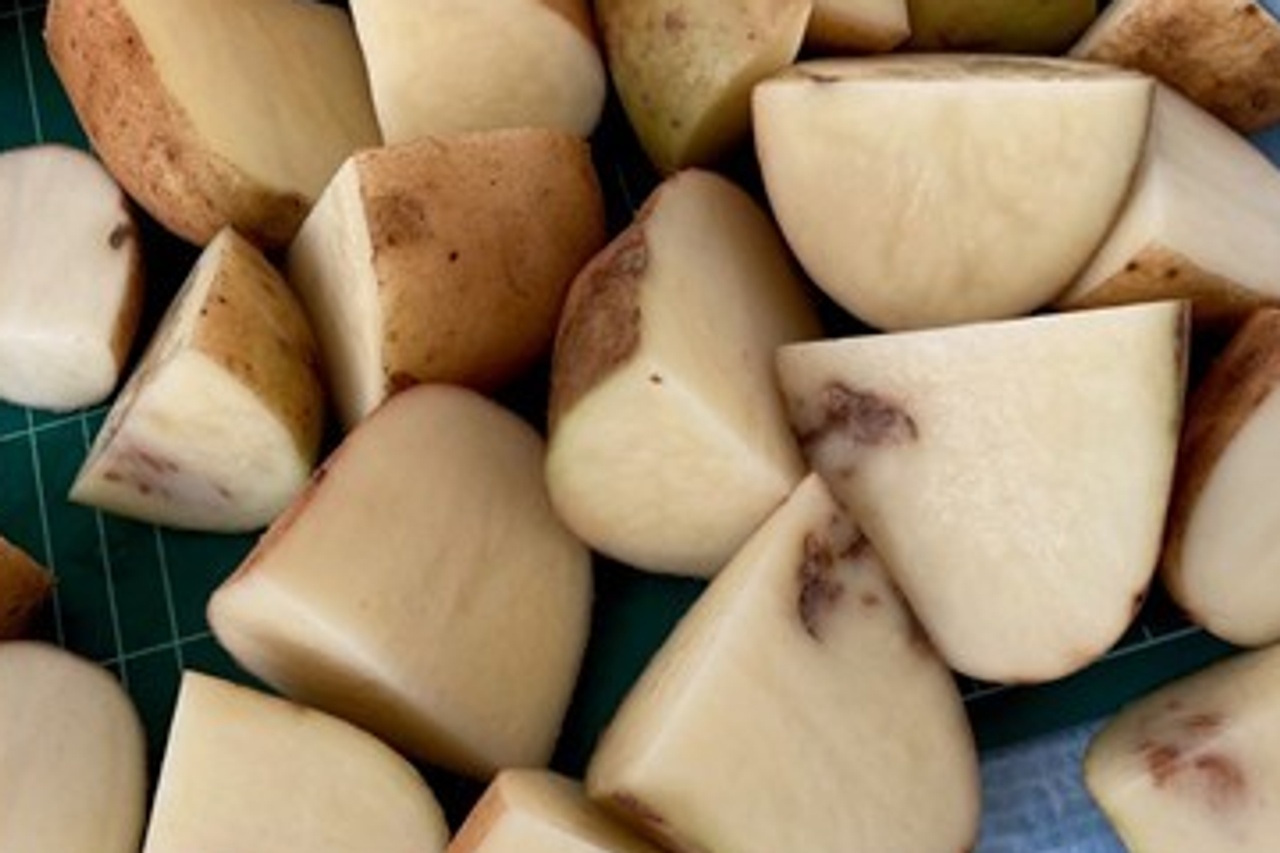
The decision was based on several factors, including the widespread presence of powdery scab – the fungus that spreads the virus – and the lack of effective control methods.
“The virus may present asymptomatically in tubers and plants,” officials said.
The virus can survive undetected in soil for many years, making complete elimination virtually impossible.
Biosecurity Tasmania presented its assessment to the national Consultative Committee on Emergency Plant Pests in September, with a final decision from the National Management Group expected soon.
All affected properties have been issued biosecurity directions restricting the movement of potato material, machinery and soil.
Despite the detections, Tasmanian potatoes remain safe to eat and can still be exported to mainland Australia for fresh consumption and processing.
The focus has shifted to managing the virus through improved biosecurity practices and powdery scab control.
“The simplest first step is to follow a ‘come clean, go clean’ approach by removing soil and plant material from machinery, equipment and boots before leaving one property and entering another,” Biosecurity Tasmania said.
Growers are urged to report any signs of disease to the Exotic Plant Pest Hotline on 1800 084 881.

